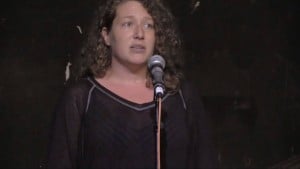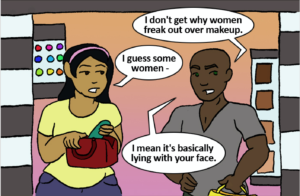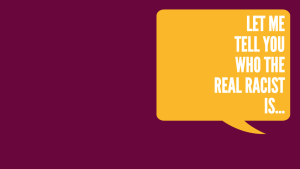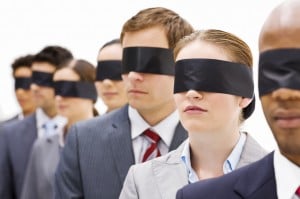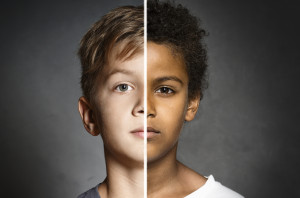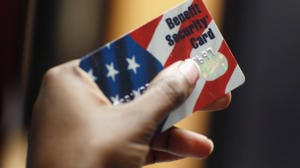Annie Elainey: Hello, hello! It’s Let’s Talk Tuesday! So let’s talk about casually ableist language.
Ableism, specifically casual ableism, is widely accepted in our society, particularly when it comes to our language. No wonder most people don’t care about access or equality when it comes to people with disabilities, if our everyday language perpetuates the idea that they are lesser.
Ableism is constantly used to insult others or describe something as negative. And oftentimes, people don’t even realize where these words are coming from, or what these words mean.
So, warning: I’m about to possibly throw out some slurs and otherwise really offensive terms for people with disabilities for sake of example.
First, there’s using disabilities as insults. Remember those campaigns to stop saying, “That’s so gay,” because why are you using homosexuality to express something negative?
Okay, so in that same breath of campaigns, creating awareness of harmful language, like the use of the “R” word, we should’ve included the word “lame.”
Do you know what “lame” means? It means someone who can’t walk or walks with pain and/or difficulty. Ding ding ding ding ding.
After learning the word’s true definition – go ahead, look it up for yourself; I promise you that’s what the dictionary will say – and I certainly no longer feel comfortable using it in that way. It’s very clear that people knew what it meant, and they started using it to describe things in a negative way.
Now things like the word “lame” are, for the most part, very unintentional. A lot of people do not know what that word means or where it comes from; but then, another common thing is how people literally use disability in order to insult or condescend to someone.
“What are you blind?”
“Are you deaf?”
“What is wrong with you, are you mentally ill?”
“You need help. You seriously need help.”
“Nut job.”
“Psycho.”
“How can you be so stupid?”
What if we are actually blind or visually impaired? What if we are actually deaf or hard of hearing? What if we actually do struggle with mental illness or mental disability?
When one asks such things in this context, when you use this as a way to condescend or insult, you are doing it with implications that a disability makes you less than.
Then, there’s using a disability and mental/chronic illness as an expression.
“Yeah. I’m super OCD about my books!”
“Oh my god, what the f—-I’m sorry, I can get so bipolar sometimes.”
“You are so ADD.”
“Even a blind man can see.”
“Diabetes.”
Appropriating language from sick and disabled communities is harmful. Saying things like that diminishes what those words really mean, and it makes it harder for people who actually deal with these disorders and illnesses to openly discuss them and be taken seriously.
Not only that, but these metaphors and references are extremely ignorant. Like, not even close to what those terms actually mean.
Let’s use the misuse of the word “trigger.” And so now, it’s made fun of. It’s taken less seriously, but triggers are a real thing. And if you’re not a terrible person, you should probably respect that it happens and do small things that you can do to be considerate.
People with PTSD and other mental illnesses know very well that moving through the world is hard, that things come without warning. But if we can make things a little bit safer by warning someone of content ahead, then why not?
Ultimately, my point is, we need to constantly examine our actions, our language, our ableism, if we want to evolve in that respect.
Ultimately, these terms are taken less seriously as a result of appropriation and misuse.
And it’s a real shame that the things that can be so stigmatized and difficult to talk about in the first place are that much more difficult to talk about because people chose to do so.
So as usual, I’d love for Let’s Talk Tuesday to start a conversation in the comments, so please share with me your experiences, and I will see you eventually.
Bye!





